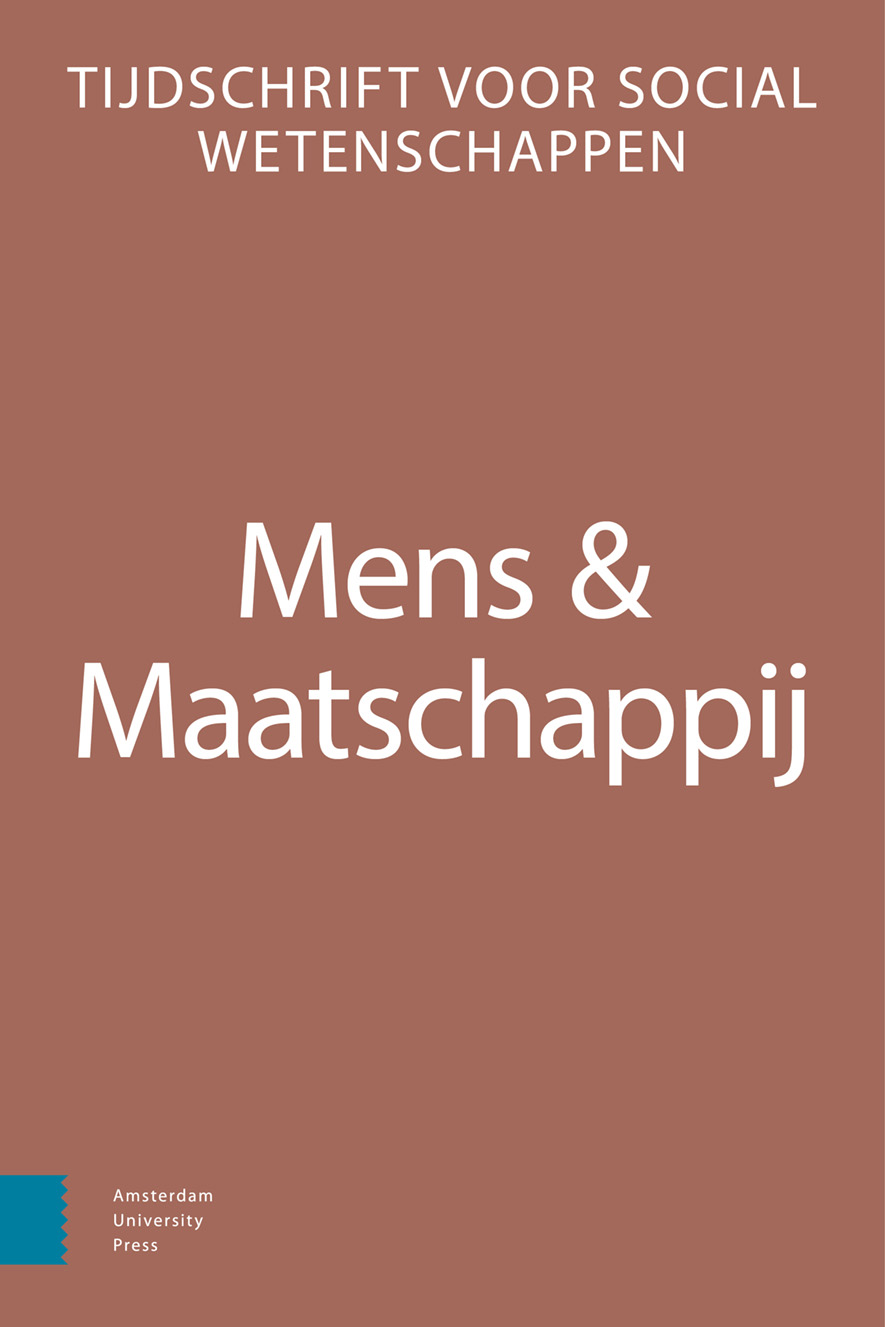-
oa Zorgidealen in Nederland: verschuivingen tussen 2002 en 2011
- Amsterdam University Press
- Source: Mens & Maatschappij, Volume 90, Issue 1, Feb 2015, p. 25 - 52
Abstract
Care ideals in the Netherlands: Shifts between 2002 and 2011[1]
Our point of departure is that normative care beliefs can inform the current care policy debate. We conduct latent class regression analyses using two waves of Netherlands Kinship Panel Study data (N=4,163) to distinguish care ideals that capture multiple dimensions of normative care beliefs simultaneously. We also assess how these care ideals have shifted in the early 21st century. We distinguish four care ideals: warm-modern (family and state jointly responsible for caring, egalitarian gender roles), cold-modern (large state responsibility, restricted family responsibility, egalitarian gender roles), traditional (restricted state responsibility, large family responsibility, moderately traditional gender roles) and cold-traditional (large state responsibility, restricted family responsibility, traditional gender roles). The probability to adhere to a cold-modern care ideal relative to a warm-modern, traditional or cold-traditional care ideal is higher for men than for women. Between 2002 and 2011 a shift away from warm-modern care ideals and towards cold-modern care ideals has taken place. This is remarkable, because Dutch policy makers have increasingly encouraged family members to take on an active role in caring for dependent relatives.


